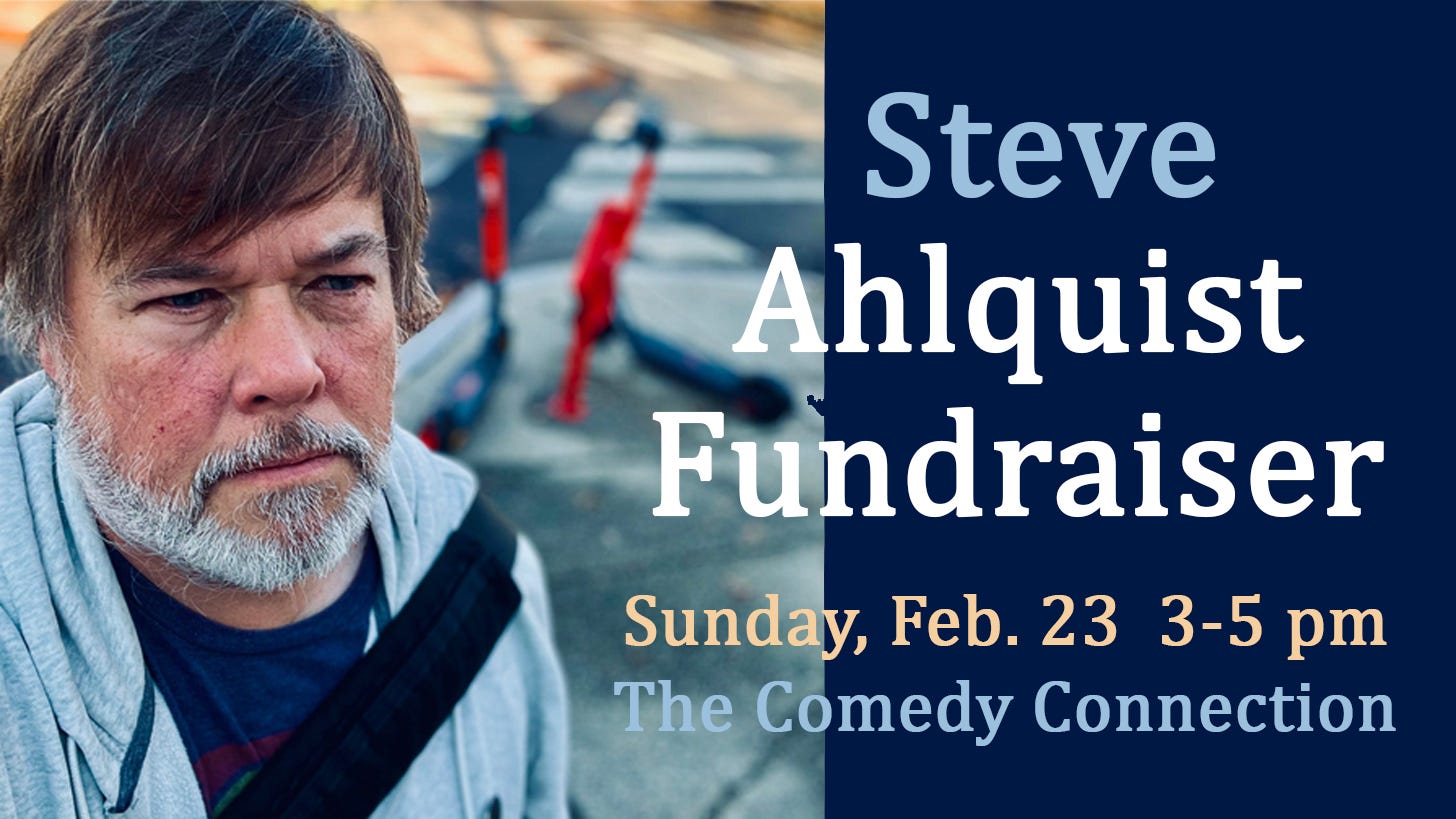ACLU calls on Glocester School District to halt arbitrary restrictions on student access to books
"The ACLU letter said that requiring librarians to limit children to checking out only 'age-appropriate' books was an “impossible” task."
From an ACLU of Rhode Island press release:
In an attempt to avert the implementation of a policy that the ACLU of Rhode Island argued would encourage censorship, the organization sent a letter today to Glocester School District Superintendent Renee Palazzo urging her to rescind directives she issued to the Fogarty Memorial School’s librarians to allow students to check out only “age-appropriate” books.
The letter responds to a controversy over the circulation of books at the school District’s elementary school library. After a parent of a student complained that her son had taken out a book that she considered to be age-inappropriate for him, Superintendent Palazzo instructed the school librarians to “work towards ensuring students are checking out age-appropriate books” and to “work with [a software cataloging system] to identify a way to group your inventory by age.” The ACLU letter said these directives “establish a troubling precedent that can send a chilling message, encouraging censorship efforts that undermine basic pedagogical values.”
Specifically, the letter argued that imposing these requirements would “create innumerable practical and policy problems for librarians seeking to abide by and uphold their professional standards and, perhaps more importantly, they impose arbitrary and artificial barriers for children seeking to expand their horizons and read challenging books.” The ACLU letter said that requiring librarians to limit children to checking out only “age-appropriate” books was an “impossible” task:
While publishers may often suggest a recommended age range for any particular book, it remains just that – a range and a recommendation. It can’t be anything more than that in light of children’s extremely varied reading, comprehension, and experiential levels. Parents themselves will have widely divergent views on what is appropriate reading material for their children, and it is unmanageable to give this supervisory and determinant role to librarians. Indeed, it is completely contrary to their mission as librarians – and to the mission of a school library. Assigning such a task to other public employees or officials would be even more inappropriate.
Acknowledging that parents have a right to monitor their child’s reading habits, the letter pointed out that the school librarians had “no objection to accommodating parents who advise them of books – whether by title, genre, or recommended reading level – they do not want their children to take out,” and had also “offered to share with parents a link to the library’s book collection and make them aware of their ability to flag books they do not wish their children to bring home.” But, the letter warned, “anything that goes beyond this individualized approach, and that seeks to impose broad standards that affect the ability of all other children to read certain books, does a disservice to the First Amendment, other parent’s rights, and, just as crucially, to the goal of any school in encouraging curiosity and vibrant reading habits in their students.”
This is not the first instance of Rhode Island librarians facing challenges to their curation work in recent years. Last year, a Westerly librarian faced an unsuccessful attempt to charge her with violating the State’s felony obscenity law for refusing to remove an award-winning LGBTQ book from the school library.
A copy of the ACLU’s letter can be found here.





From the Rhode Island Council of Churches:
"The Rhode Island State Council of Churches would like to voice its concern about what appears to be a well-intentioned but ill-advised set of instructions given to school librarians. We support the ACLU’s recent letter to the Glocester School District urging them to cease arbitrary restrictions that would limit students’ access to books. Librarians are well-educated and trained to curate a collection of materials appropriate for students. We support and encourage parents to be engaged in deciding what books/materials their children may access. However, making those decisions for others is an infringement of the rights of families to make such choices for themselves. The rights of one set of parents should not override the rights of another set of parents.
"As Rhode Islanders, we are proud to be the descendants of Roger Williams, who made many contributions to this State and our nation, such as insistence on the freedom of conscience. Subjective and unwieldy restrictions infringe upon this freedom, which guarantees each of us the right to seek out and engage with various viewpoints. This allows students to learn and grow up to become well-informed citizens."
Age appropriate? For whom? This is ridiculous. I began reading Laura Ingalls Wilder's books to my kid when she was 3. When Pa walked off looking for work and wasn't heard from for 6 months, I thought, "She can't be getting this." "Why didn't he just call Ma and tell her he was OK?" I said. "Oh, Mom," my daughter said in digust, "they didn't HAVE telephones in those days." I think she was 5. And when they were told to leave Indian Territory and the neighbor said, "The only good injun is a dead injun," we had a long talk about why someone would say something like that. By then I think she was all of six. I gather now we're abolishing Wilder's books because they are "racist." Not appropriate.
Of course, we could just abolish school libraries altogether. (I trust everyone knows I'm being sarcastic.) Then there wouldn't be any problem, right? Maybe the parents should check the books their kids bring home, and if they are not age-appropriate for that kid, figure out what to do. At least they get to see the books, unlike the completely inappropriate stuff the kid might be connecting to on the internet.